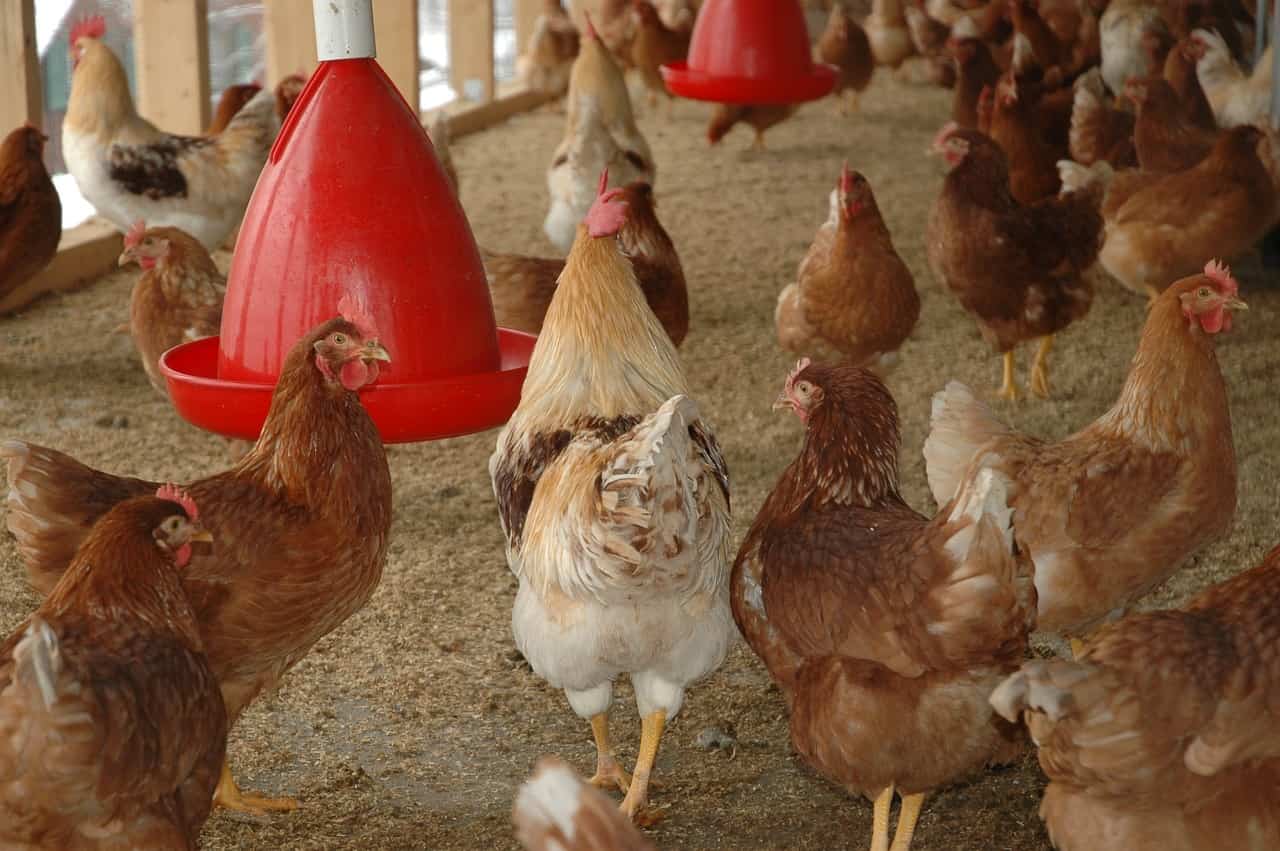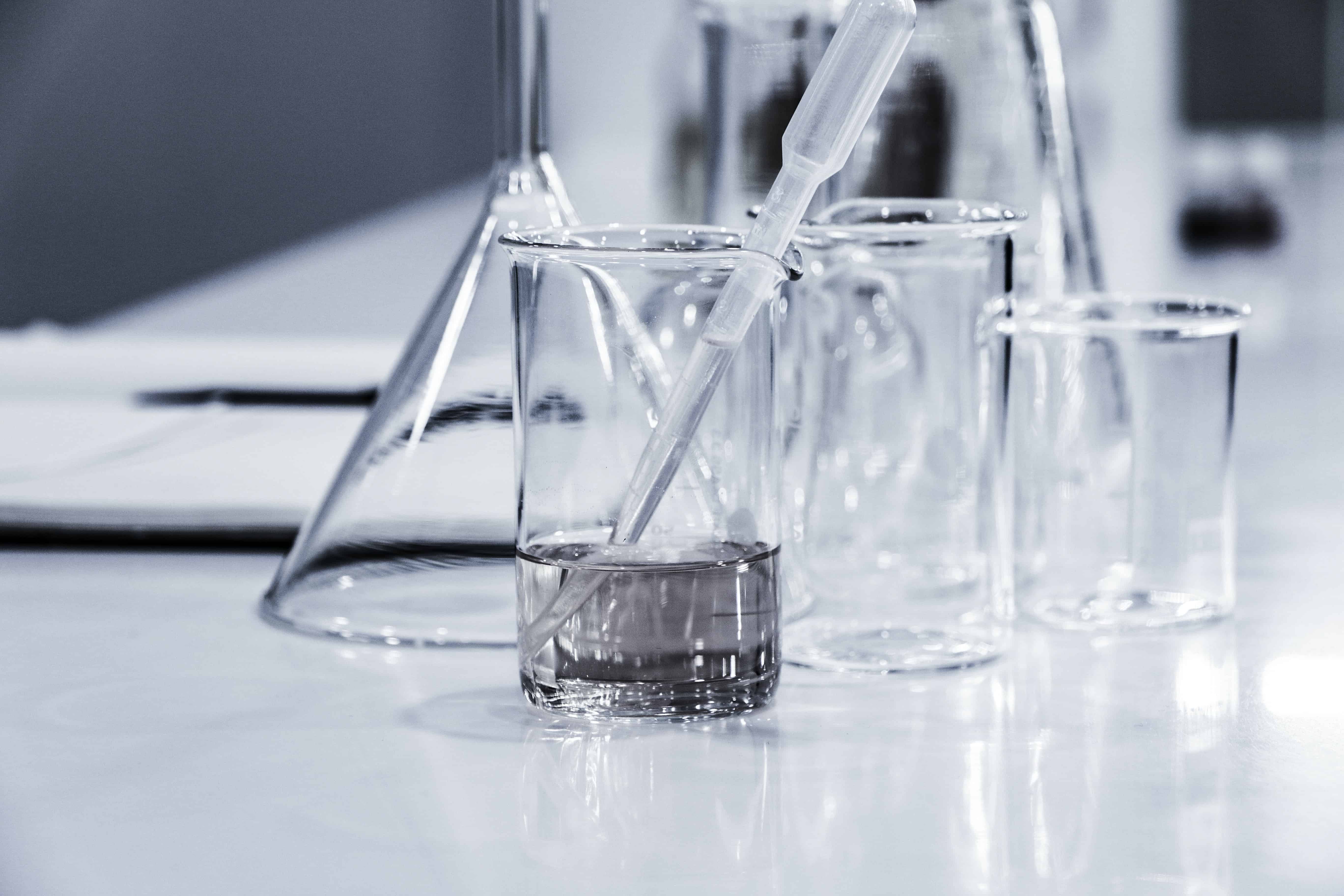
Drug residues and antibiotics in Dutch wastewater are causing an increasing number of micro-organisms to become resistant to these substances. Researchers from Wageningen University & Research in the Netherlands are going to study whether purification methods that have been effective in glasshouse horticulture can also offer a solution here. For one thing, special bacteria could be trained to break down these medical waste products. Drug resistance is a global problem. By 2050, the WHO predicts that more people will probably die from infections caused by antibiotic-resistant microorganisms than currently die from cancer.
One of the factors causing this is the unmanaged discharge of antibiotics by hospitals and other healthcare facilities, also in the Netherlands. Wageningen Food & Biobased Research, together with the Dutch Consortium Antibiotics and Pharmaceutical Residues from Water, is working on several fronts to find solutions to this extensive problem, according to a press release from the university.
700,000 deaths worldwide
The WHO labels antimicrobial resistance (AMR) as one of the greatest global threats to health and food safety. According to the WHO report No Time to Wait, resistant bacteria already cost the lives of 700,000 people a year worldwide. This number could rise to more than 10 million deaths annually by 2050 because antibiotics will no longer work by then.
The problem of drug residues in hospital wastewater has a lot in common with the problem faced by greenhouse horticulture until recently, according to Irma Steemers, a researcher from Wageningen University. Because greenhouse horticulture companies were discharging large quantities of nutrients and crop protection products into surface water, the sector took the initiative in 2012 to work with companies, knowledge institutes and governments to come up with a solution that would be broadly supported.
Capturing it in the toilet
This collaboration has led to affordable, certified and even mandatory water purification techniques that remove at least 95 percent of active substances from water. Ultimately, by 2027, this should lead to a good quality of surface water in the Netherlands that also meets the European Water Framework Directive.
The Consortium is researching techniques to ensure that antibiotics and antibiotic-resistant genes do not end up in wastewater, e.g. by capturing them in the toilet.
Also read: What a waste to flush all that unused pee away down a toilet
Selected for you!
Innovation Origins is the European platform for innovation news. In addition to the many reports from our own editors in 15 European countries, we select the most important press releases from reliable sources. This way you can stay up to date on what is happening in the world of innovation. Are you or do you know an organization that should not be missing from our list of selected sources? Then report to our editorial team.







